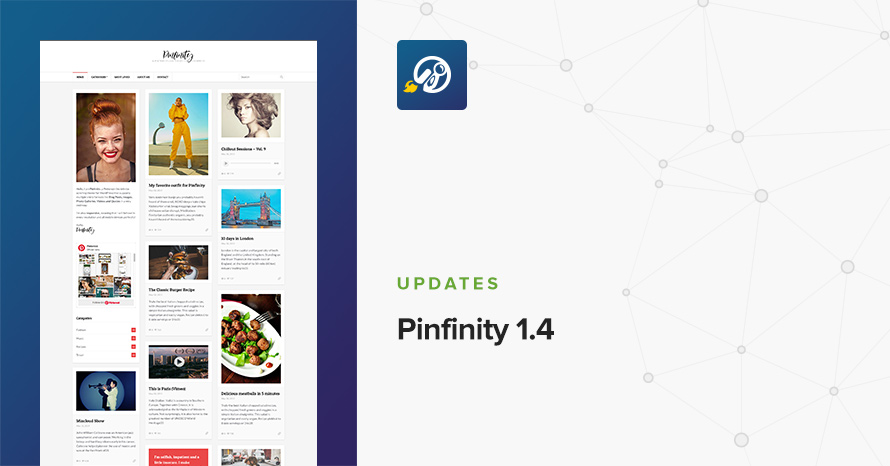Aegean Resort updates to 1.7.1

Your most favorite theme to date, Aegean Resort, has been updated with new features & bug fixes. Here’s the complete list of additions and fixes:
Behind the CSSIgniter scenes. Learn what we’ve been up to.

Your most favorite theme to date, Aegean Resort, has been updated with new features & bug fixes. Here’s the complete list of additions and fixes:

You probably already know that we’ve been hard at work to bring you peace of mind, by implementing small and big features, here and there. You also probably might know that we’ve been on the quest to bring full WPML compatibility to our full themes catalog.
We just heard back from the good folks of WPML and we are happy to announce that three more of our themes are now fully WPML compatible.

We might have been a bit quiet lately, but the world of WordPress is constantly evolving and we work hard to keep everything up to date, as well as providing more features and new themes. You may already know that a brand new version of WordPress is due (v3.8), and we are double-checking that our themes will work flawlessly.
Speaking of features, setting up multilingual installations is one of those things that our members seem to be doing quite often. We’ve built internationalization support into our themes since day one, by properly wrapping all text instances into gettext functions and providing the appropriate files. However, translating a theme and having a multilingual website, is a whole different story as WordPress can’t handle multilingual websites natively.


3.5 hours of video are now available in our support forum exclusively available to our members.
This course is aimed at those who are just starting out with WordPress and probably are not familiar with the Dashboard. While we provide written documentation for all of our themes, there are members who ask questions like “Yes, i did read the documentation and it clearly states that i have to assign XYZ template to a page, but how do i create this page and how do i assign a template to it?”
Well, now they’ll be able to setup WordPress and learn about the Dashboard in 3.5 hours!

Almost 1 year and a half ago we – Anastis and I – entered the world of premium WordPress themes. Back then little we knew about what it really takes to run such a thing. We were excited and confident about our WordPress skills. We thought, why not? Things weren’t so simple though.